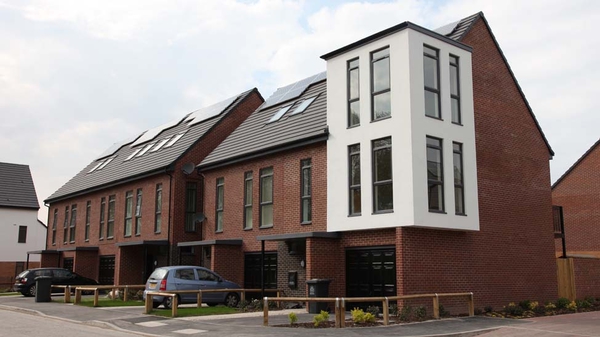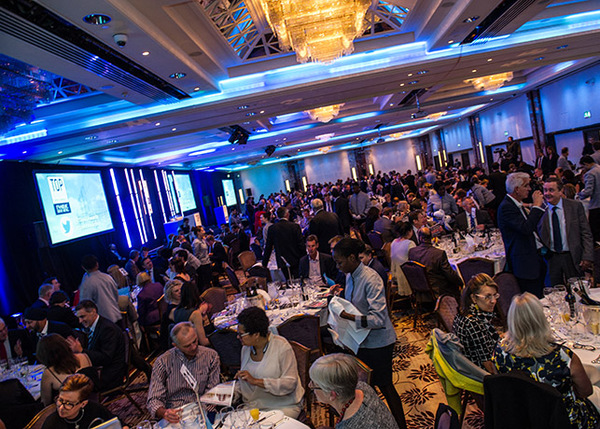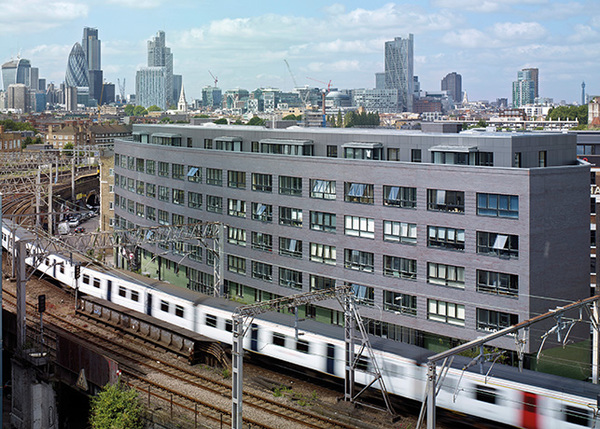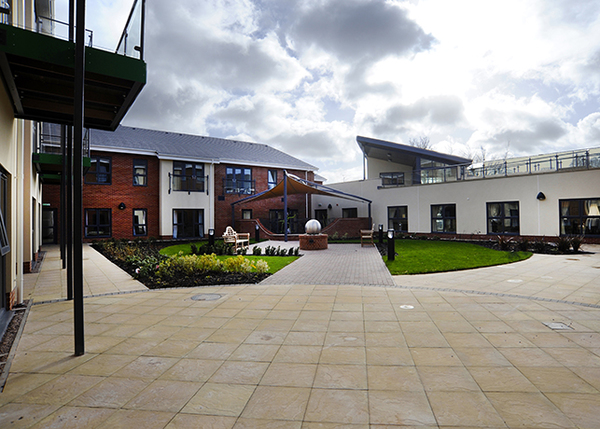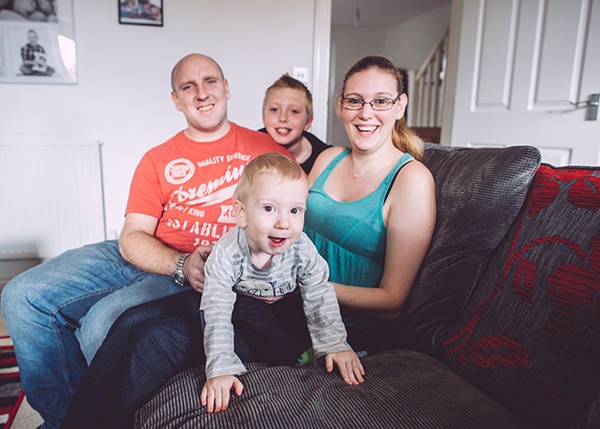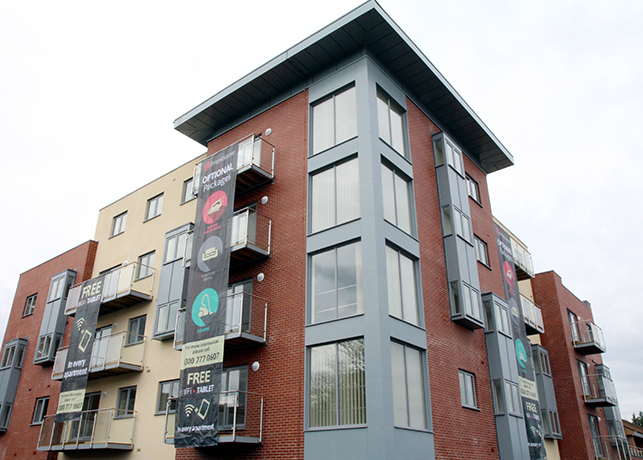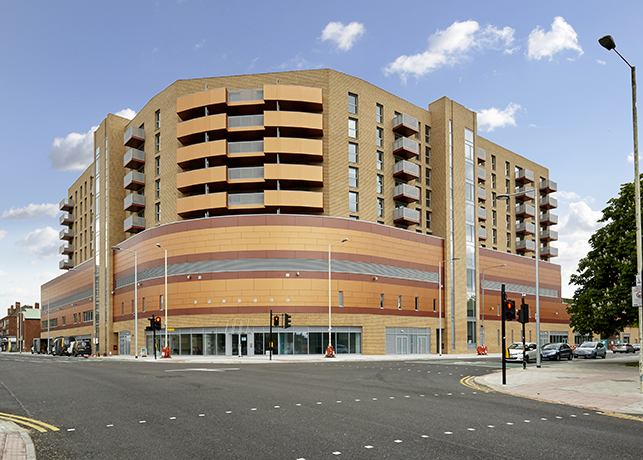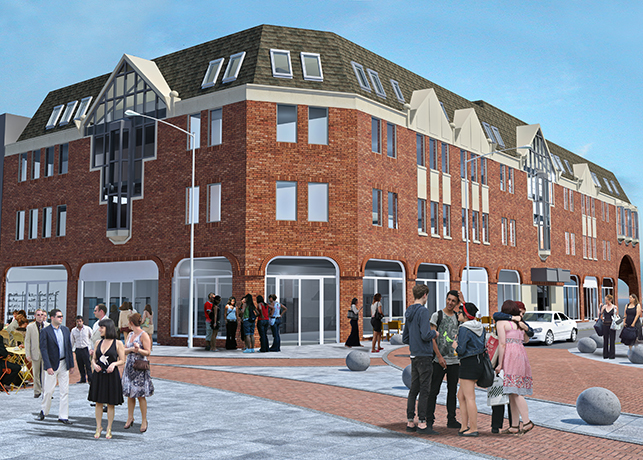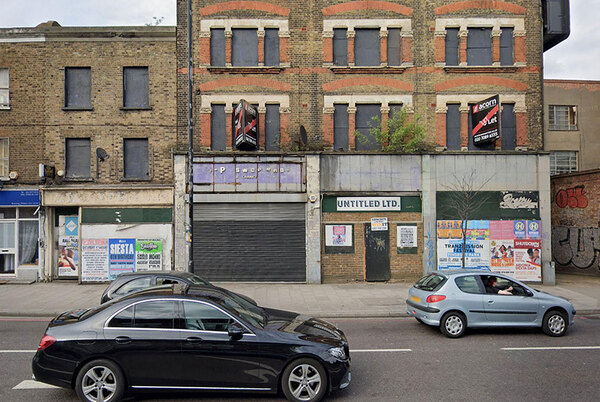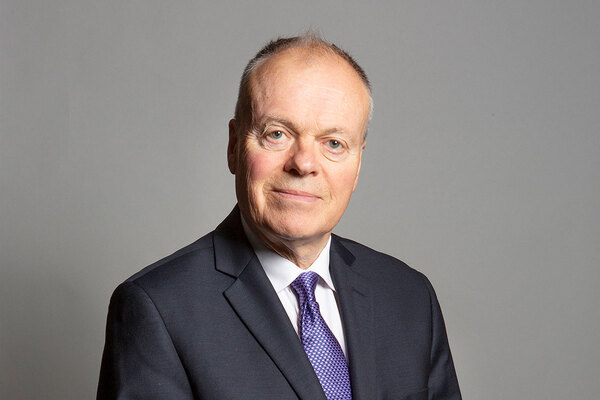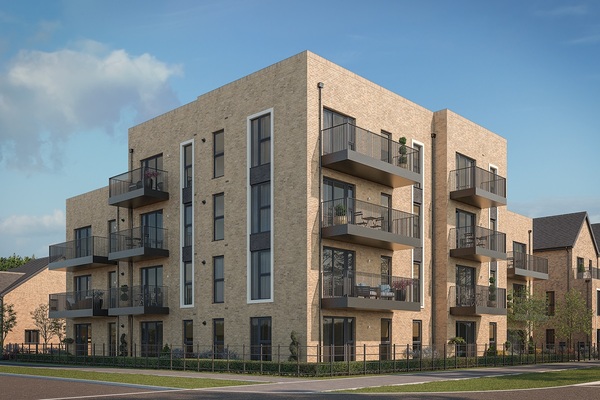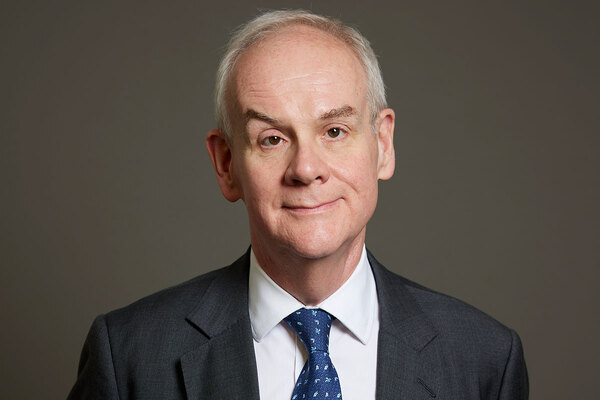Top 60: Private Rented Sector Developments of the Year
Inside Housing is showcasing the best 60 developments of the last year. This year, our list is split into 10 categories of excellence which we will reveal over the next few weeks. Michael Atherton reports on the best private rented sector developments of the year

A word from our sponsor
The private rented sector (PRS) has a key role to play in helping the UK overcome the chronic shortage of new homes. We are proud to be sponsoring this new category at this year’s Inside Housing Top 60 Developments, which showcases the most innovative, inspiring and scalable developments that are setting an example for excellence in the sector.
The model for PRS is well assured, particularly for developers and investors looking at secure, large-scale developments, and we are already seeing real momentum in the sector. Renting is no longer a second-rate choice, with a fifth of households in the UK already living in the PRS - a proportion which is set to rise to a quarter in 2025.
If the PRS is going to be successful in meeting the lack of supply of new homes, we need to take responsibility for making sure that the initiative is sustainable and that we are building homes to last. The PRS Development of the Year category highlights the importance of building quality and innovative properties which are fit for purpose in the long-term.
The award also demonstrates the exciting opportunity that PRS presents for innovation. The scale and repeatability of PRS lends itself to modern methods of construction, such as build offsite, that are much quicker and more efficient.
We hope that the winner of this award will inspire developers to keep the momentum going and create a successful PRS that provides a long-term solution to the housing crisis.
Jeff Maxted, director of technical consultancy, BLP Insurance

The judges
- Simon Nicol, director, Building Research Establishment
- Andrew Eagles, managing director, Sustainable Homes
- Joanna Embling, sole practitioner, Joanna Embling Property Consultant
- Matthew O’Connell, senior policy officer, British Property Federation
The judges will choose an overall winner in this category, to be announced on Friday 16 October in London
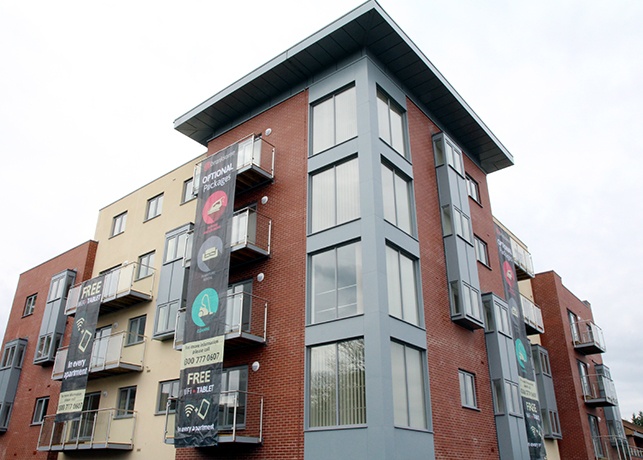
@branksome
“Care has been taken to understand the demographic and provide added benefits.”
Joanna Embling, sole practitioner, Joanna Embling Property Consultant
Number of homes in development: 36
Cost: £5.7m
The scheme: Built on the site of a former print works in Poole, Dorset, the @branksome development is made up of 36 market rent flats aimed at people of working age needing housing close to their work. The project is by Spectrum Premier Homes, which is part of Spectrum Housing Group, a social landlord with 18,000 homes. Additional income from the development is reinvested into affordable housing in the area.
All the apartments have external space, such as balconies, patios and gardens, as well as access to communal gardens. Every tenant has a virtual concierge (a tablet pre-loaded with local services contacts) and free wi-fi.

Be:here East India
“The developers have clearly understood the specific needs of this tenure group.”
Joanna Embling, sole practitioner, Joanna Embling Property Consultant
Number of homes in development: 233
Cost: £56m
The scheme: Be:here East India is a tenure-blind development of 233 new homes (158 market rent flats, 67 social rent and eight shared ownership ) in east London.
The private rent homes are all one and two bedrooms above the affordable homes and have large balconies, roof terraces or gardens, plus a private courtyard garden. All apartments have broadband installed and communal satellite dishes.
The development regenerates a previous mono-tenure social rent 1960s estate with mixed-tenure housing, new shops and a health centre. New buildings replace the 1960s blocks, radically changing the characteristics of the area.
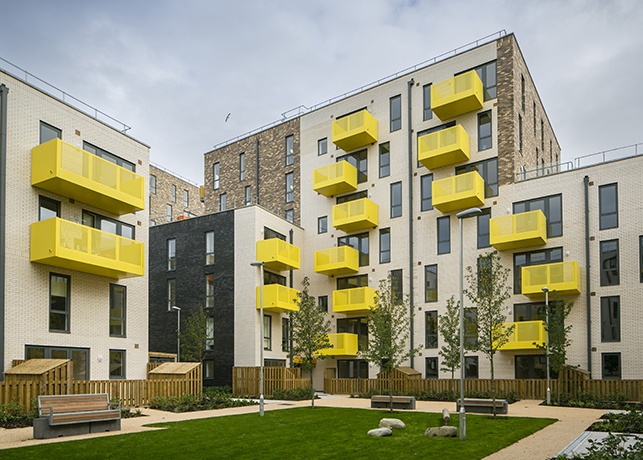
Fizzy City
“Fizzy Living clearly demonstrates its understanding of, and commitment to, the sector with established management standards and its focus on creating a sense of community.”
Joanna Embling, sole practitioner, Joanna Embling Property Consultant
Number of homes in development: 63
Cost: £20m
The scheme: As part of the regeneration of the Ocean Estate in Stepney Green, Fizzy Living – the private rented sector subsidiary of 15,000-home social landlord Thames Valley – built Fizzy City. Made up of 63 one, two and three bed flats for private rent, the development is aimed at professional 25 to 35 year old ‘rentysomethings’.
Free wi-fi, contract-free TV and broadband packages, complimentary spring cleans, maintenance inspections, onsite dry cleaning and laundry services are provided.
Each Fizzy development comes with a dedicated onsite property manager to deal with all tenancy and maintenance problems, dealing with deliveries and emergencies such as switching off hair straighteners and locking doors when tenants have forgotten. Because many of the tenants have pets, the manager Kassy introduced a pet grooming station in the lobby and a book exchange.
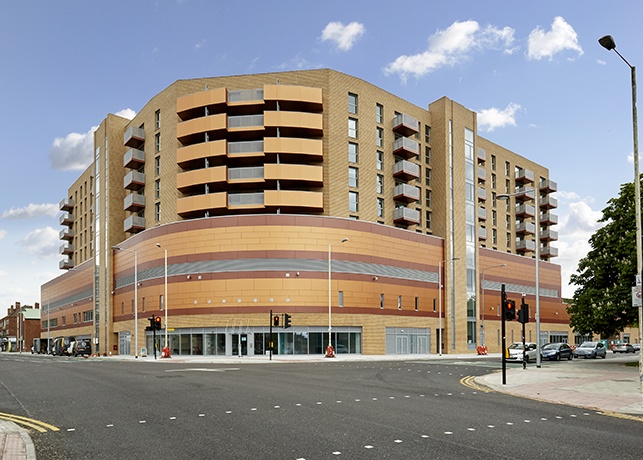
Abbeville Apartments
“A scheme designed and built for long-term rental with a clear understanding and consideration of long-term management issues.”
Joanna Embling, sole practitioner, Joanna Embling Property Consultant
Number of homes in development: 100
Cost: £14m
The scheme: Abbeville Apartments is a 100-unit Build to Rent development in Barking and Dagenham set out over six storeys above an ASDA supermarket.
The Grainger development includes balconies, communal garden space, CCTV, wireless heating meter reading devices, complimentary wi-fi, furniture package options, a fitness suite, residents’ lounge and building concierge.
Longer-term tenancies (up to three years) are offered to all of its residents to provide a greater sense of security and encourage community building.
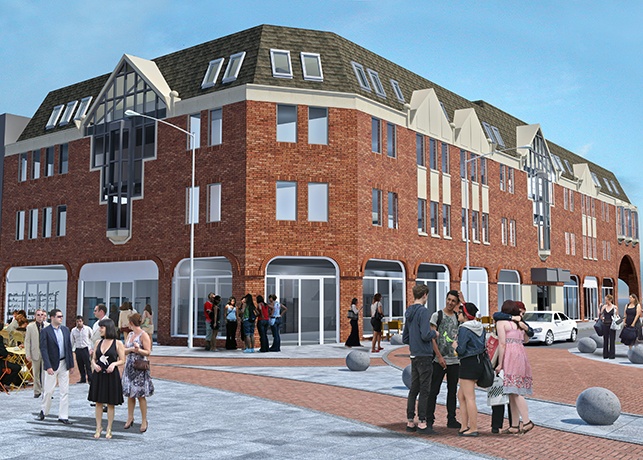
Clarendon Living at One Clarendon Road
“While it is not of an institutional scale, it broadens the demographic of those living in the town centre.”
Joanna Embling, sole practitioner, Joanna Embling Property Consultant
Number of homes in development: 21
Cost: £3.1m
The scheme: The top two floors and roof space of an unused retail and office block in Watford have been converted into 21 private rented homes by Watford Community Housing Trust, to generate income for the 5,000-home social landlord.
Targeted at young professionals, the development includes solar panels and a heat recovery system, as well as a roof terrace with a garden. Low-energy kitchen appliances and lights are fitted throughout.
The conversion made use of the original office amenities such as the lift access, high-spec circulation space and underground car park.

Forest Mews
“This scheme, while supremely modest in scale, is huge in big ideas that should be celebrated and others could usefully learn from.”
Joanna Embling, sole practitioner, Joanna Embling Property Consultant
Number of homes in development: Three
Cost: £1.6m
The scheme: Forest Mews was built on a derelict site to the rear of a parade of Victorian shops and houses off the busy South Circular in London’s Forest Hill.
A small development that included a family home for the architect and developers – Robert and Jessica Barker – was complemented by two homes for like-minded tenants that would share a communal amenity space, providing a far larger outdoor area than a standard development.
The entrance drive was planted with fan-trained fruit trees either side of a gravel path, creating a lush route down to the development.
